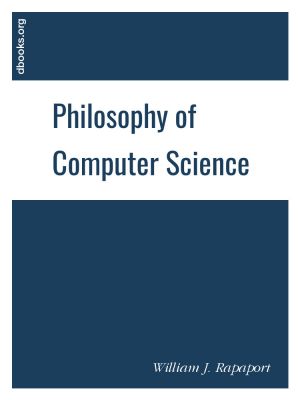
This book looks at some of the central issues in the philosophy of computer science. It is not designed to answer all (or even any) of the philosophical questions that can be raised about the nature of computing, computers, and computer science. Rather, it is designed to "bring you up to speed" on a conversation about these issues - to gi...
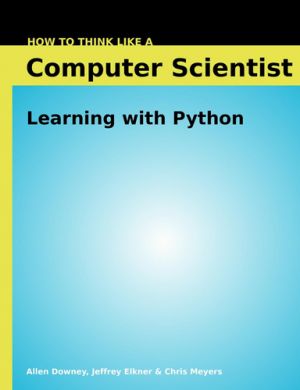
How to Think Like a Computer Scientist: Learning with Python - is an introduction to computer science using the Python programming language. It covers the basics of computer programming, including variables and values, functions, conditionals and control flow, program development and debugging. Later chapters cover basic algorithms and data structu...
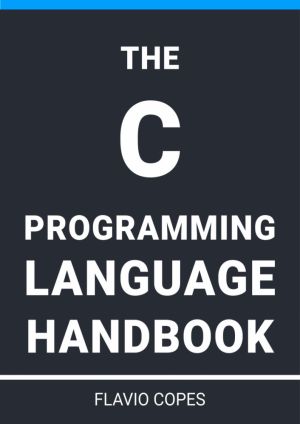
C is a general-purpose, procedural computer programming language supporting structured programming, lexical variable scope, and recursion, with a static type system.
The C Programming Language Handbook follows the 80/20 rule: learn in 20% of the time the 80% of a topic. In particular, the goal is to get you up to speed quickly with C....
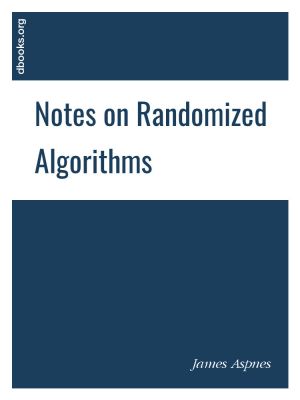
Lecture notes for the Yale Computer Science course CPSC 469/569 Randomized Algorithms. Suitable for use as a supplementary text for an introductory graduate or advanced undergraduate course on randomized algorithms. Discusses tools from probability theory, including random variables and expectations, union bound arguments, concentration bounds, app...

Teaching in the University: Learning from Graduate Students and Early Career Faculty provides insight and strategies for successful teaching, advising, and mentoring postsecondary students. In particular, the authors offer support and encouragement for implementing student-centered teaching practices relevant to college classrooms. This book is des...
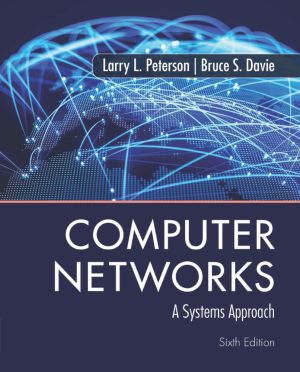
Computer Networks: A Systems Approach, Sixth Edition, explores the key principles of computer networking, using real world examples from network and protocol design. Using the Internet as the primary example, this best-selling classic textbook explains various protocols and networking technologies. The systems-oriented approach encourages students ...
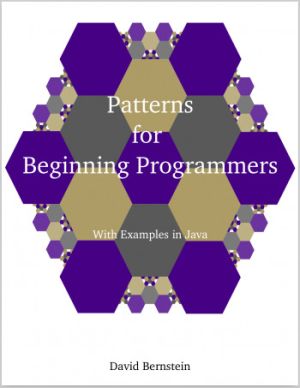
Programming patterns are solutions to problems that require the creation of a small fragment of code that will be part of a larger program. Hence, this book is about teaching you how to write such fragments of code. However, it is not about teaching you the syntax of the statements in the fragments, it assumes that you already know the syntax. Inst...
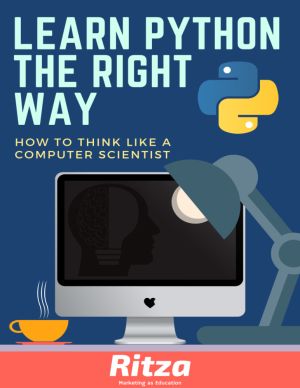
Python is a fun and extremely easy-to-use programming language that has steadily gained in popularity over the last few years. Developed over ten years ago by Guido van Rossum, Python's simple syntax and overall feel is largely derived from ABC, a teaching language that was developed in the 1980's.
However, Python was also created to s...

A collection of readings and exercises aligned with the course, ME 270, Introduction to Mechanical Engineering Design, at Iowa State University. This course provides an overview of mechanical engineering design with applications to thermal and mechanical systems, and an introduction to current design practices used in industry. As part of the cours...
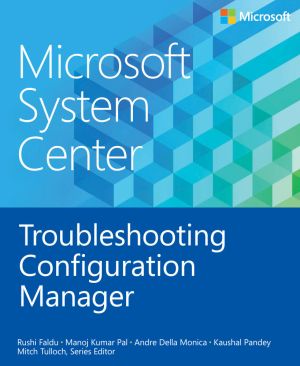
As the authors of this book, we have tried provide you with insights and tips on troubleshooting System Center 2012 Configuration Manager drawn from our insider knowledge and real-world field experience. While most of you who are Configuration Manager administrators are fairly comfortable with the product and can perform common management tasks, ma...
